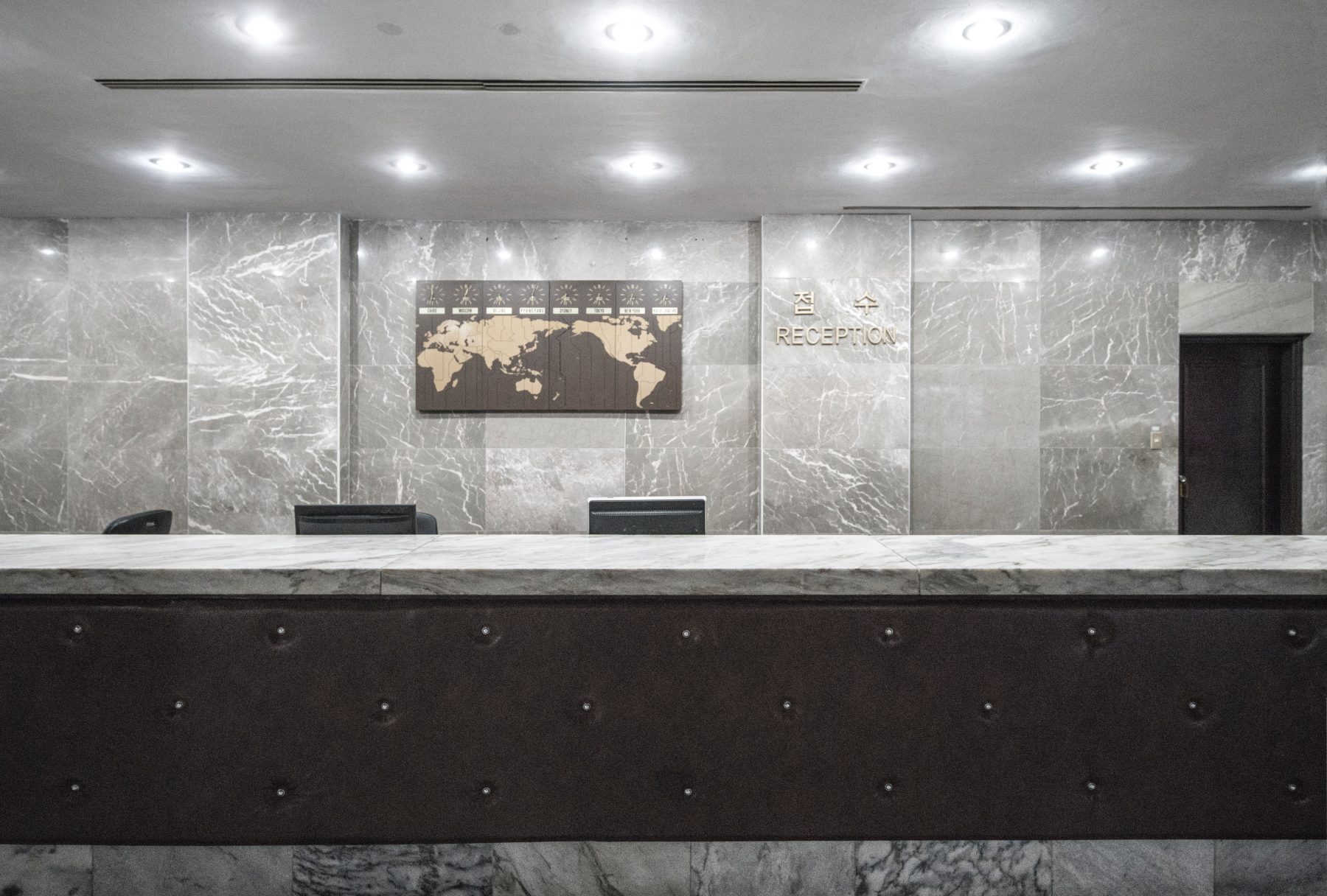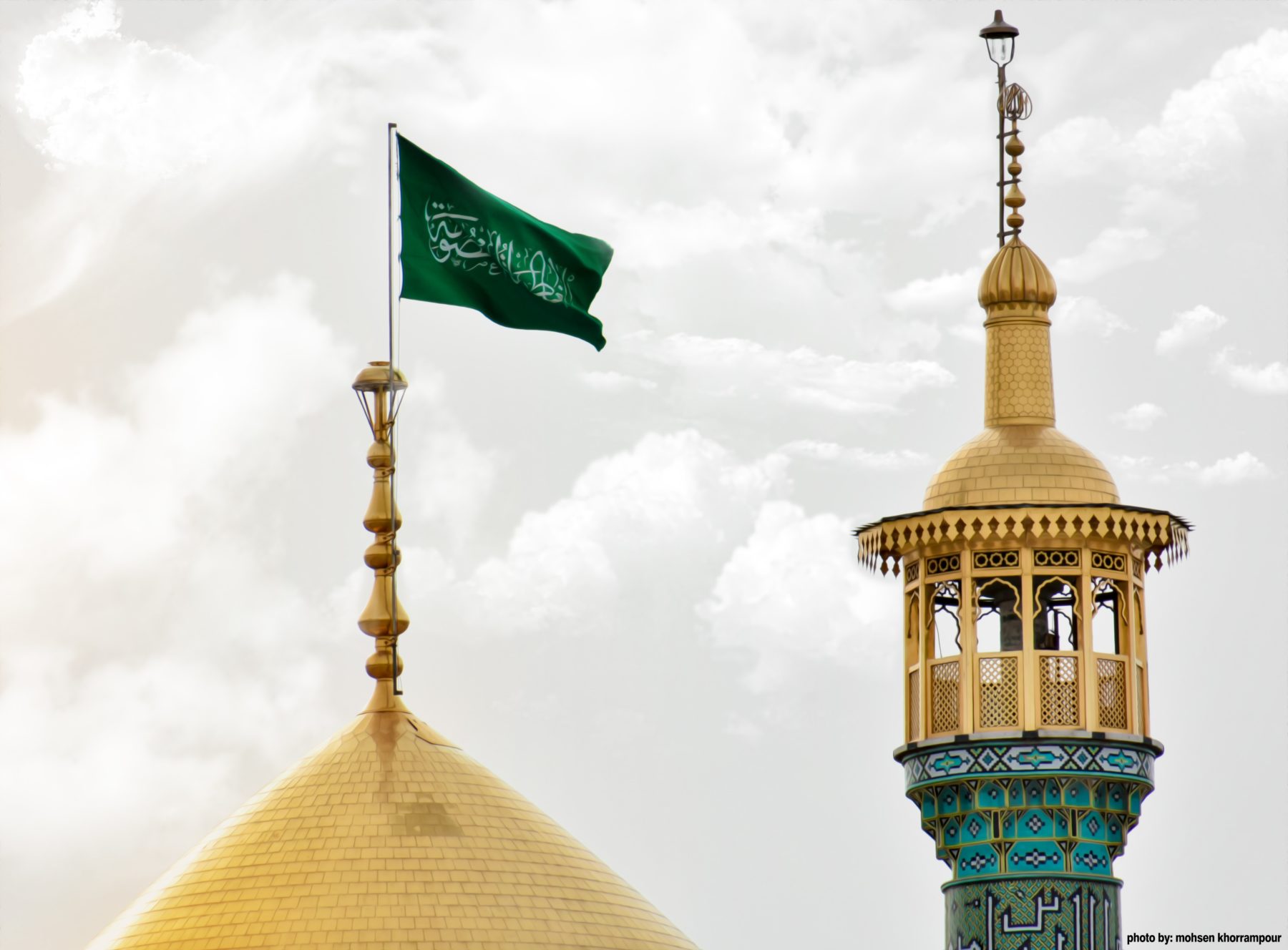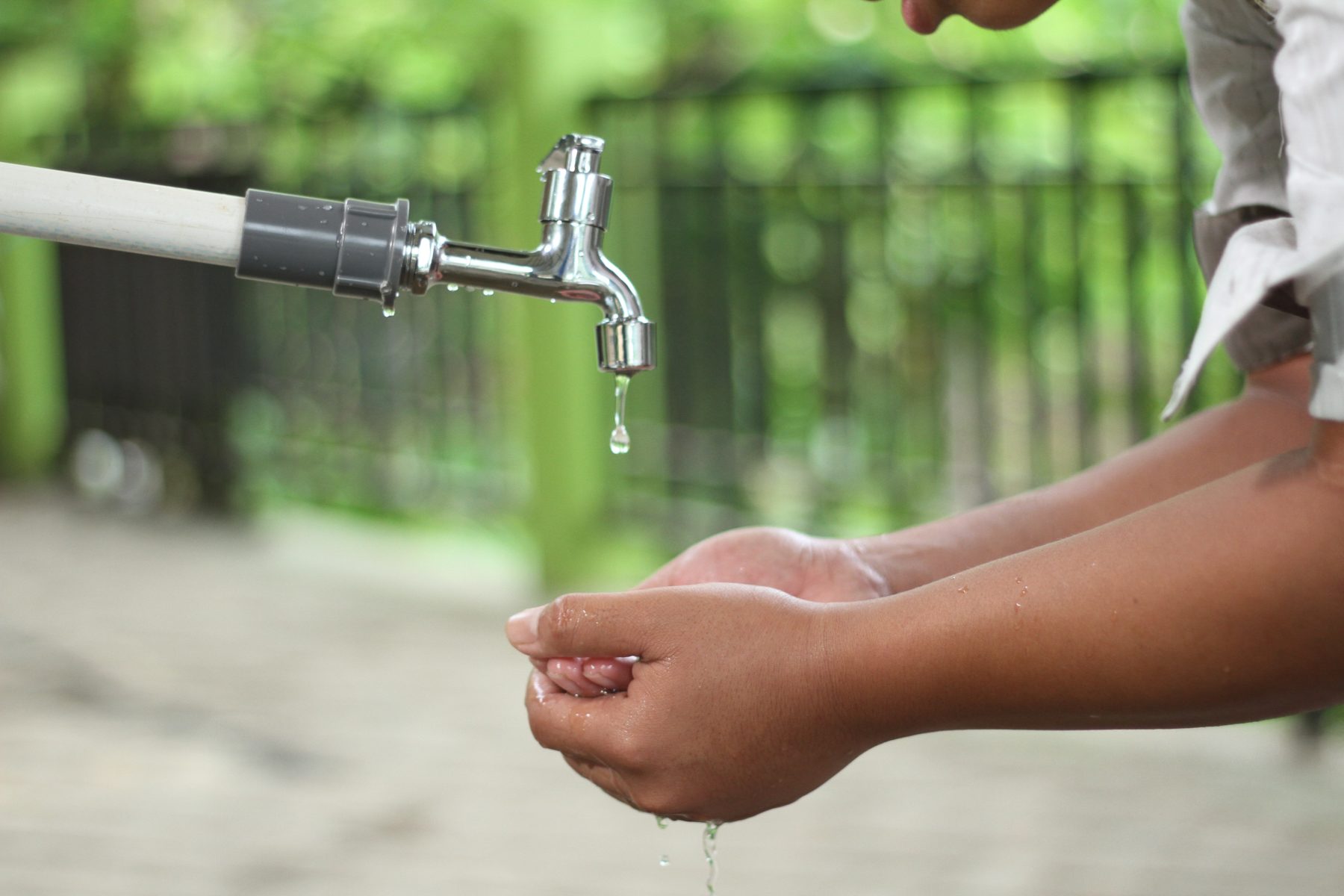As it continues to spread around the world, coronavirus is significantly altering the global political landscape.
The current pandemic has, in a sense, turned the world upside down. It’s disrupted the comfortable rhythm of our daily lives – from job security to the way we keep in touch with loved ones.
It’s been the catalyst for very real suffering: the death toll continues to rise and the future appears increasingly uncertain.
On a political level, the pandemic is opening up further challenges across the Earth as global leaders seek to mitigate the effects of the virus.
Deakin University’s Alfred Deakin Institute for Citizenship and Globalisation recently hosted a panel.
Academics familiar with the situation in China, North Korea, Iran, Italy, and Kenya convened to discuss the effect of COVID-19 on each country’s respective regimes.
China
Beginning with China, Associate Professor Chengxin Pan acknowledged the way the country’s political system is typically viewed: through an authoritarian, non-democratic lens.
“But from a responsibility approach, China has other features and qualities which may have been overlooked but prove to be relevant: in the past decade or so, the state has managed to rebuild its social welfare system.”
For example, China’s health system currently covers over 95% of the population, with the aim to cover everyone by the end of 2020.

“The healthcare system is not something totally disconnected from the political system. When we talk about a political system, we tend to see countries as either part of a democracy or authoritarian system.
“But in this context, we need to go beyond a one-dimensional lens when looking at countries.”
A/Prof Pan also addressed concerns about how well China had responded to the outbreak.
Although their government acted decisively from late January to keep the virus under control, some believe that the events were poorly handled.
“Given that we’re still in the midst of this crisis, I think it’s really too soon to tell. Around the world, countries with democratic and authoritarian systems alike have made mistakes and then done something right.
“In this sense, the pandemic is not necessarily the right test to differentiate the two political systems.”
North Korea
Under the current leadership, the North Korean government exercises almost complete control over information and access to healthcare.
Dr Danielle Chubb says that this regime has a number of implications for the COVID-19 pandemic.
“On the one hand, North Korea has little trouble controlling its population through severe restrictions that other states might be reluctant to enact.
“But on the other hand, a lack of accessible information makes it difficult for the rest of the world to understand what measures have been taken.”

At the time of publication, there have been no official cases reported inside North Korea. But given the large number of cases in neighbouring countries, this may not be accurate.
This is a particular cause for concern, as a significant number of the population are already at risk.
The 2019 United Nations Needs and Priorities report advised that 40 percent of civilians are undernourished. The country is also in the midst of a tuberculosis outbreak.
Dr Chubb says that medical experts familiar with North Korea have warned that the country has a significant lack of diagnostic capability.
“North Korea’s testing capabilities for COVID-19 are unknown, and the country’s medical infrastructure is unlikely to be sufficient to prevent or treat a major outbreak.”
Iran
Iran’s COVID-19 outbreak began on February 19th, in the lead up to the Iranian New Year and an increase in mass gatherings.
Dr James Barry says that the Iranian government did not react as quickly as they should have, due to poor organisation and, in some cases, ideological intervention.
For instance, the closing down of shrines – which visitors kiss as an act of respect – was hampered by the religious beliefs that one cannot get sick from kissing a holy object.

“It’s a belief similar to that surrounding the communion spoon at Orthodox churches.”
The virus also spread quickly to provinces like Gilan, a large tourist site.
Dr Barry says that Iranians are no stranger to strict measures, like staying indoors.
“Those in their late thirties or older have experienced similar conditions during the Iran–Iraq War. There is some degree of community resilience in that regard.”
However, the public’s deficit of trust for the government may lead to further problems.
The country had experienced a number of conflicts in the past year, from the ending of an oil subsidy to the shooting down of a passenger plane by the Islamic Revolutionary Guard Corps.
“This is affecting how people react to the government decrees, and consequently, the spread of the virus.”
Italy
At the time of publication, Italy has the third-highest number of COVID-19 cases, following Spain and the United States.
Dr Matteo Vergani says that the region of Lombardy is most affected, hosting the overwhelming majority of Italy’s cases.

“There is an incredible need for respirators and intensive care units, as well as more doctors and physical space in hospitals. Some doctors have had to make decisions over which patients are saved, and which are left to die.”
He says that patients and doctors alike were not adequately tested for COVID-19, and social distancing measures were enacted far too late.
“Only patients with symptoms have been tested, and asymptomatic doctors weren’t tested. In some cases, doctors that have tested positive have been left at work.
“Hospitals have become multipliers of contagion.”
He says that, even when the threat of coronavirus became apparent, businesses did not slow down. Politicians continued to run campaigns.
Notably, the mayor of Milan, Beppe Sala, publicised a “Milan Doesn’t Stop” campaign.
“Italians were not taking this seriously, and we are still paying now for the decisions made weeks ago.”
Dr Vergani says that Italy’s high case rate is partly due to the country’s ageing population.
“But it’s too soon to isolate one factor for the catastrophe.”
Kenya
With high rates of diseases like HIV and malaria, and only 14 percent of the population having access to handwashing facilities, East Africa’s Republic of Kenya is particularly vulnerable to COVID-19.
Dr Sam Balaton-Chrimes says that, if they were to catch coronavirus, “most people will beg, pray and wait to die.”

Given Kenya’s experience dealing with a minor Ebola outbreak, it’s no surprise that the government reacted swiftly when COVID-19 cases arose.
After only the third case, schools were closed, public gatherings were banned, and social distancing measures were enacted.
The public have also been receiving daily briefings from the government through Safaricom, their major phone carrier.
Similar to Australia, Kenya have enacted a “hodge podge” of measures.
“But unlike Australia, where many of us are experiencing something like this for the first time, this is basically the norm in Kenya.”
To combat the disastrous effects that the virus could inflict on the community, the World Bank has given Kenya $50 million for treatment and infrastructure.
A catalyst for human connection
COVID-19 has heralded a tumultuous start to 2020. But in spite of this, it has also been the catalyst for human connection: we are hyper-aware of the global implications of the virus, and we are seeking out new ways to communicate with our loved ones.
Perhaps when the pandemic is over, it is this quality that we will take with us.



